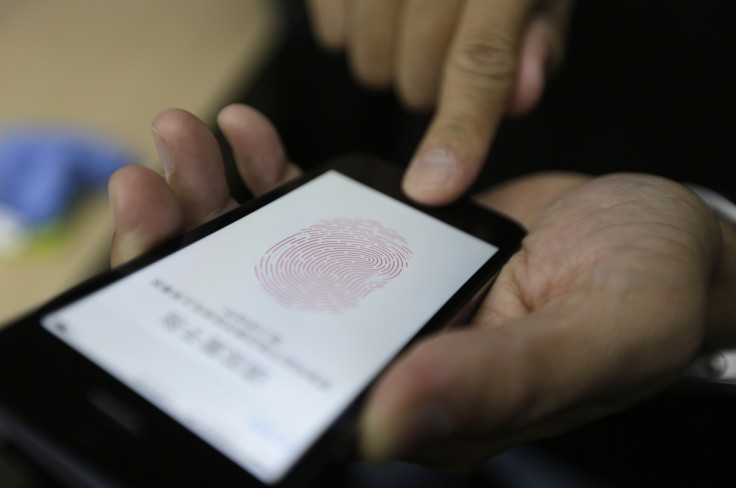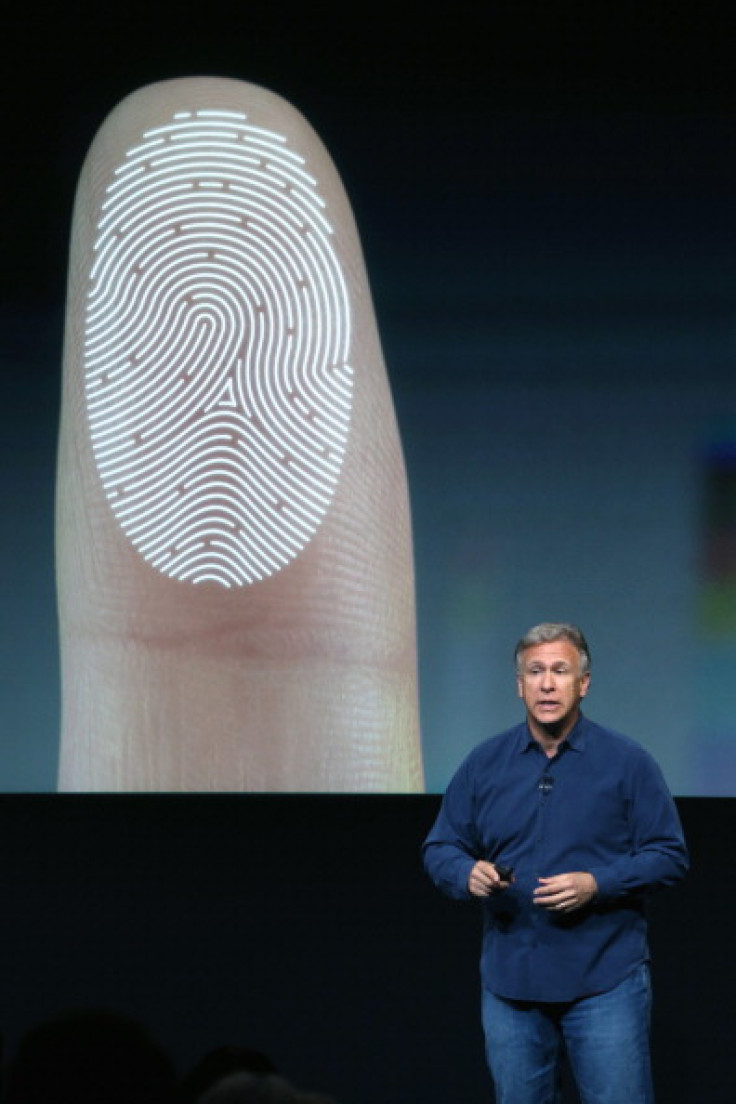Your Personal Electronic Aura Could be The Solution to Password Hell

A new system promises to allow each of us create our very own personal electronic aura, which could solve the problem of remembering dozens of passwords for the multitude of online services we use everyday.
The current password system is broken. Having to remember long and often complex passwords for dozens (if not hundreds) of different websites and apps which we use every day is no longer practical.
As the threat from cyber-criminals grows, we are pushed to create ever-more complex passwords which are in turn even more difficult to remember. While Apple and others are seeking to solve the problem with biometric sensors like fingerprint readers, this is not a scalable solution and one which is open to hacking.
There could however be a solution on the horizon from a Cambridge University professor who believes the answer is to create an electronic aura which extends no more than two to three feet from your body and only inside this will all your electronic devices work - including the one which stores all your passwords.
"Passwords are a disaster today"
Speaking to the Observer, Frank Stajano a reader in security and privacy at the university said:
"Passwords are a disaster today. You have to remember dozens of them. And they have to be in different cases and include numbers and not be proper dictionary words – and you are not allowed to write them down and on top of that you have to change them every two months. We have to find a way to avoid having to remember them all the time."
Stajoano's solution, the electronic aura, would act like a safe zone, in which you would no longer need a pin to unlock electronic devices, such as your smartphone or your electronic car keys, which would be programmed to only work when inside your aura.

This would mean that thieves who steal your keys would not be able to use the keys to locate or start the car.
The idea of devices unlocking automatically when in a certain location is not new. You can set your smartphone to automatically unlock when it enters known Wi-Fi hotspots, and Android smartphone can also be unlocked automatically when in proximity to a Android Wear smartwatch.
The problem is that these systems still allow for your devices to be used if stolen, and could potentially make your devices less secure.
Pico
The electronic aura would be generated in a similar way to a Wi-Fi signal is today and would use several items on - or potentially in - your body in order to make it secure.
To solve the problem of passwords, Stajano proposes the use of a device called a pico - named after Italian philosopher Giovanni Pico della Mirandola who had a prodigious memory - which would log and store thousands of passwords.
By holding the device next to the screen of your smartphone, tablet, laptop or desktop computer it would interact with websites and apps and automatically log you in - though of course only as long as it was within your electronic aura.
Subcutaneous implant
Generating the electronic aura would not be done by a single device, with Stanjano proposing to embed the technology needed to create this aura within items you have on your person every day - or even underneath your skin for even more security:
"This aura is created by smaller devices that you would have on your person and which you are not likely to take off: your glasses, your watch, and your shoes. They could be in your clothes or jewellery. They could even be in the form of a subcutaneous implant. We call these devices 'pico siblings', and you would have a number of them on your person. Only if there are several present would it be possible for your aura to be generated and your car keys – or your house keys or your pico device – to feel comfortable and remain unlocked."
The potential advantages of this system are obvious. Not only would it mean you never have to remember a password again, it also makes your electronic devices much more secure, as they would only work when they are within your aura.
The problem is that this system would require a major change in the way the internet works. Websites and apps would have to be redesigned in formats which the pico would recognise, while institutions like banks would need a lot of convincing to adopt such new and revolutionary technology.
© Copyright IBTimes 2024. All rights reserved.






